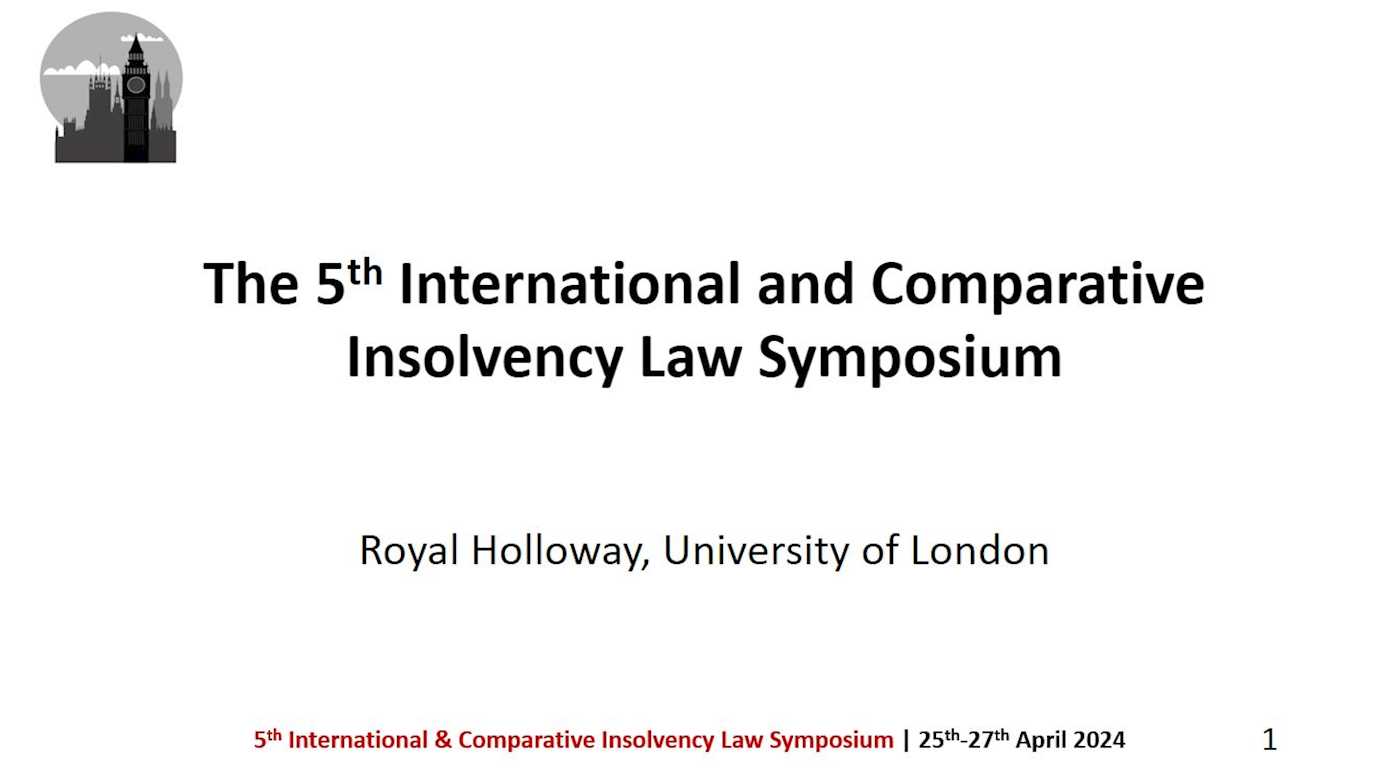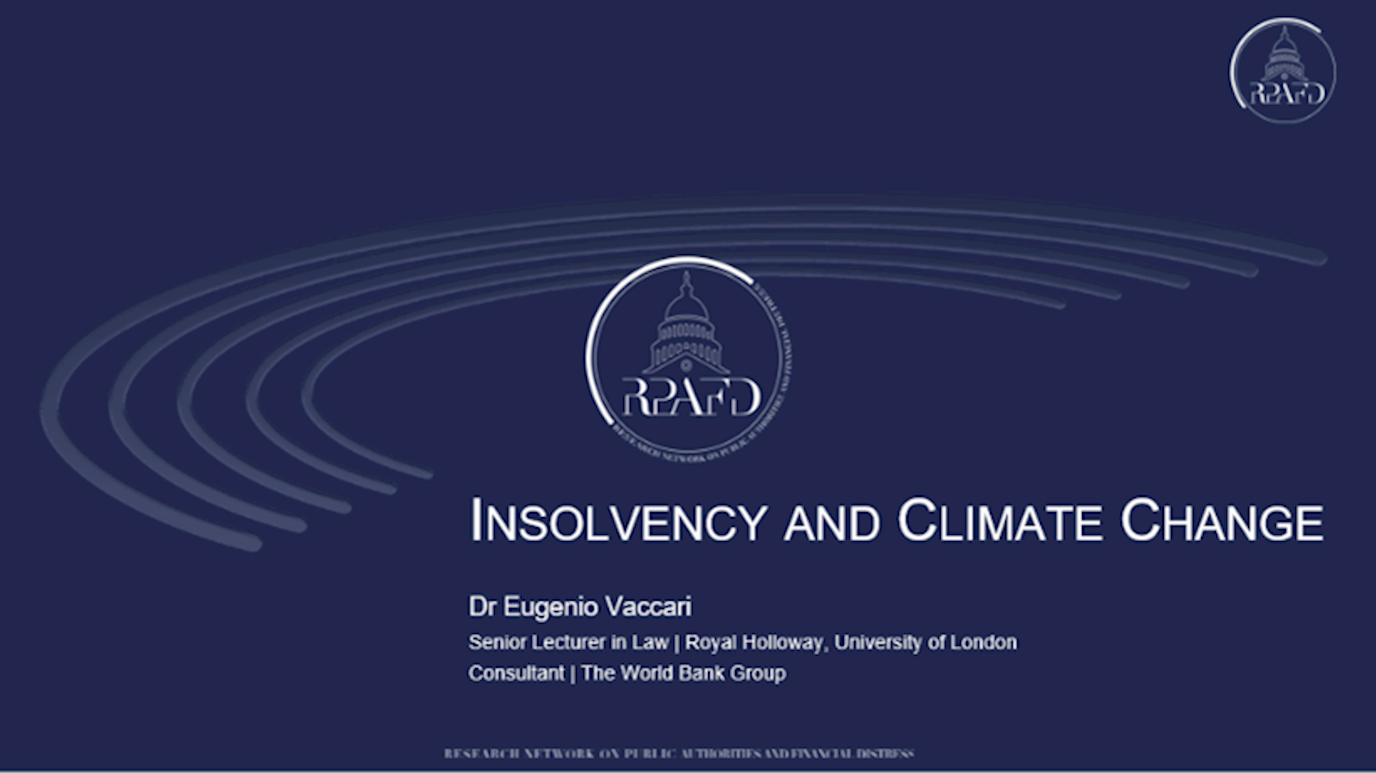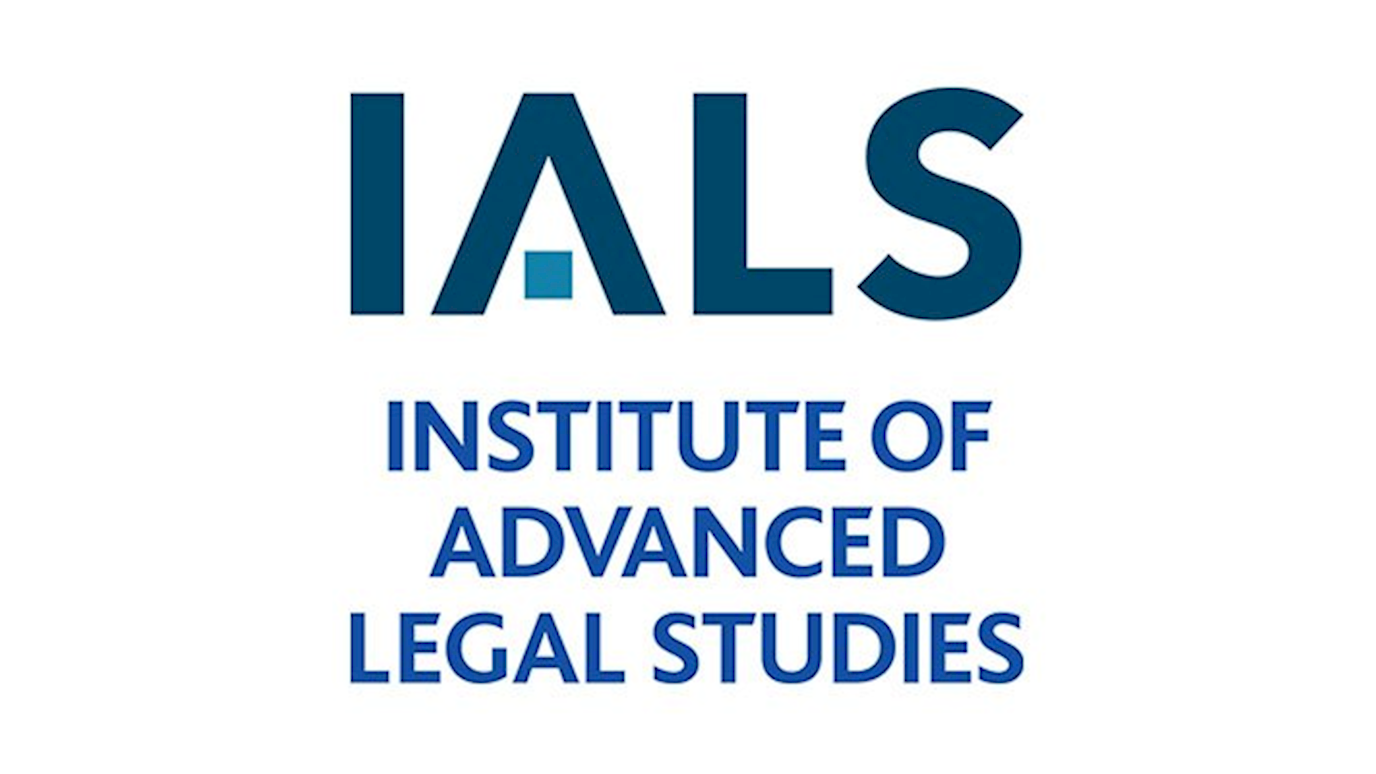The article was co-written with Prof Yseult Marique (University of Essex) and commented on how widespread financial problems are across local authorities in England

Dr Eugenio Vaccari (Senior Lecturer at Royal Holloway, University of London) and Prof Yseult Marique (Professor of Law at the University of Essex) recently co-authored an article for The Conversation. The full article is available here.
The article commented on the recent announcement by Birmingham’s city council that the local authority was unable to balance its budget and, as a result, was forced to issue a section 114 notice. This basically means that Birmingham went bankrupt.
Local authorities cannot be liquidated under English law. However, the issuance of a section 114 notice has widespread consequences on local communities and – indirectly – on national taxpayers. It is likely that in the next few months, the authority will be forced to increase local taxes, sell assets, make staff redundant and reduce local services in exchange for some form of financial support from the Government. This should ensure that the authority will be able to rebalance its budget quickly. However, the previous case of Croydon (which was forced to declare itself bankrupt for 3 times in less than 2 years) suggests that the turnaround process may take years.
The article explores the reasons behind this latest unwelcome news that the largest local authority in Europe went bankrupt. The case of Birmingham presents unique characteristics and was primarily blamed on the £760m liability imposed as a result of an equal-pay ruling by the UK Supreme Court. Nevertheless, the article shows the deeper roots of the current crisis experienced by many local authorities in England. Unfortunately, it concludes that many more councils are likely to follow Thurrock, Woking, Slough and Croydon in having to declare themselves unable to balance their budget unless the systems of local taxation and of allocation of funding to local authorities are significantly reformed.
























